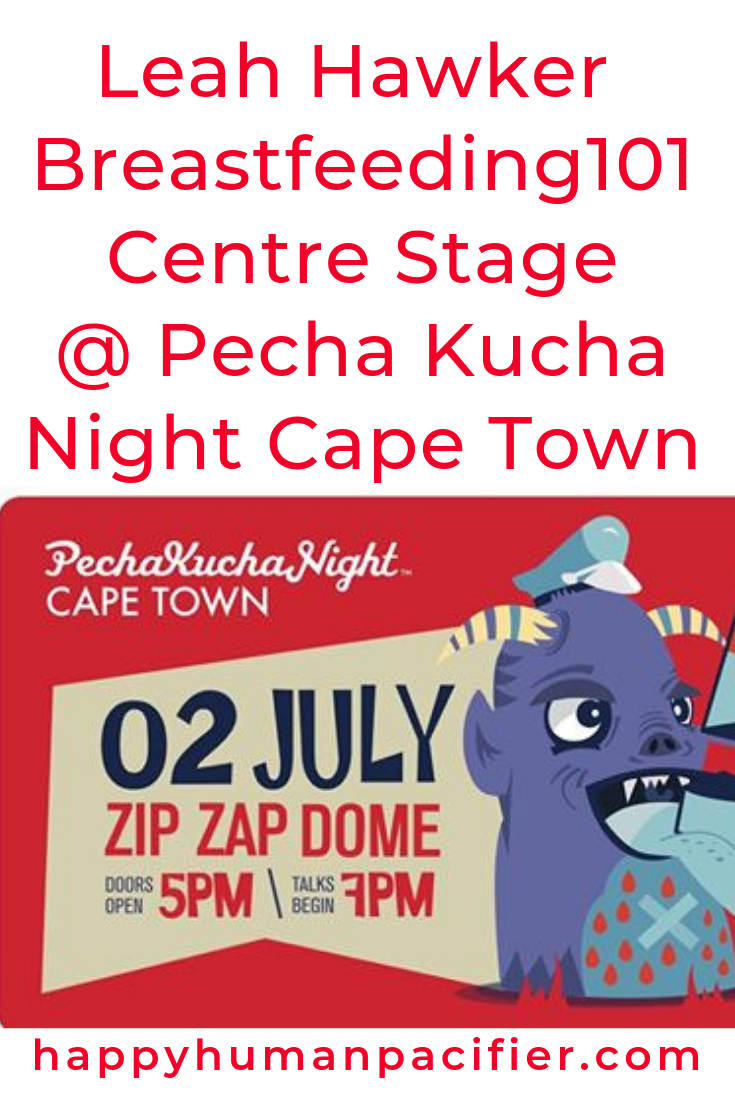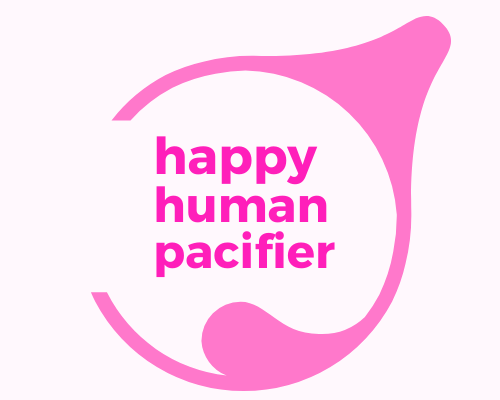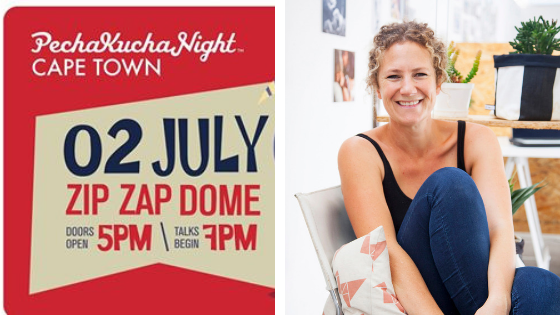Contents
- Leah Hawker is Speaking about Breastfeeding 101 at Pecha Kucha Night Cape Town
- An Interview with Leah Hawker (Part 2)
- Do you feel like you are living your passion?
- What are your Influences?
- Is there anything you feel you’ve missed out on by putting so much time into this project?
- What fears have you had with regards to this project?
- Would you like to start a movement or get people thinking in a different way?
- What do you think sets this book apart from any other books in its genre?
- What has been your biggest breakthrough?
- Is there anything you know now that you wish you’d known when you started out on this project?
Leah Hawker is Speaking about Breastfeeding 101 at Pecha Kucha Night Cape Town
Pecha Kucha Night is next Tuesday, 2nd July. Come join us! Get your Tickets at Quicket.
Continuing from our first interview about Leah’s Breastfeeding 101 Photo Book
An Interview with Leah Hawker (Part 2)
 Do you feel like you are living your passion?
Do you feel like you are living your passion?
Always. And I’m very aware and very grateful for this. It takes some people a lifetime to follow their passion or to find their calling. Mine has simply always felt paved in front of me. It’s always been clear and I’m constantly embracing this fact!
What are your Influences?
Is there a book, photograph or movie that has been significantly influential in your work as a photographer? And how has it tied in with this project?
There are a few books which are my go-to’s, these are them:
- Ways of Seeing (John Berger)
- PostSecret: Extraordinary Confessions from Ordinary Lives (Frank Warren)
- Regarding the pain of Others (Susan Sontag)
The last was a book I came across a few years ago at FOAM in Amsterdam. The book takes a look at what it means to be de-sensitised to violent, or horrific images.
Sontag’s approach to image communication and its need for context interests me. Her book gives insight into how society is moulded, manipulated and constantly reshaped by outside factors. These factors shift our sense of identity.
A quote from an interview Sontag gave about this book I found poignant: “You have to start by looking at where other people are coming from, you have to start by thinking what sense of injury they have, – a lot of people have a tremendous sense of injury and that is motivating their understanding [when interpreting images]”.
Her book speaks to me specifically because having an empathic connection to my subjects and to viewers of images is vital to communication in the image making process. You can just imagine how much this has tied into the process of producing this project.
Is there anything you feel you’ve missed out on by putting so much time into this project?
I’ve definitely not been present enough in my home and with my (very) supportive partner. He has put up with a lot up until this point and I feel like I’ve got so much to catch up on with him.
During the last six months, I also set myself a few rules: No other creative projects or shoots and no alcohol! Hahaa! It’s been hard. I’m very happy to be catching up on the bubbly-front now and also looking forward to new creative projects, some of which I’ve already started!
What fears have you had with regards to this project?
Failure!
It’s so very hard to keep believing in something for so long when nobody else really even knows you’re doing it. I’ve sunk so much into it: financially, time-wise and emotionally. I’ve also used the time of so many women (all the 101 Mothers) to produce this project and it has terrified me to think that I could be overpromising and underdelivering.
I still don’t know how this will all turn out. I’ve currently just got a brave-face. Crossing fingers too.
Would you like to start a movement or get people thinking in a different way?
My colleague asked me the other day what I had learned from the project and I dismissed the question because it felt cheesy, but I realised he was absolutely right in asking me to review such a simple element(!).
I’ve looked at this project from the conceptual and logistical sides but now I’ve realised what the most important things have been in terms of outcome to others.
It’s so simple, and yes, it is here that I would love a movement to be started:
- I want women to be given breast-pumps before or immediately after birthing their babies.
- I want lactation experts to be a staple in our medical system.
- Women should have access to a minimum of five personal, one-on-one home-visits with a woman who is specialised in the field of aiding Mothers with all breastmilk and feeding-related issues.
What do you think sets this book apart from any other books in its genre?
Firstly, I’m not so sure there are any other books which one could pull a comparison to.
I think what makes Breastfeeding 101 special is that it is a first-hand body of information – a handbook – directly from the women concerned about their breastfeeding experiences. This is a topic which affects all of us in some way.
It contains so much new knowledge. I really hope that readers will feel like they have learned more about the human condition.
I suppose one could say it would be like reading informative content about a somewhat taboo or underappreciated subject and it really does relate to all human experience after all.
I think people are curious so learning from such a largescale project will be exciting. There is just so much to learn about human diversity and understand where one fits in, you know?
What has been your biggest breakthrough?
This may seem odd, but I’d say the biggest breakthrough in this project has been being able to fluently and confidently explain the project and my reasons and aims for producing it.
I’d felt super overwhelmed when put under the spotlight in this regard and I think it’s because I’ve dealt with images of the sexualised breast so extensively that many people couldn’t understand or support a project they felt was so extremely opposite in nature. I felt quite judged and that is finally wearing off.
Is there anything you know now that you wish you’d known when you started out on this project?
No actually! I’ve learned loads but have really enjoyed learning these things along the way.
I was quite well prepared from the outset; I knew it was going to be a crazy process and I committed to it. I had systems in place as well as the documents (model release/waivers that were needed) spreadsheets and lists. All of this helped me keep all the Mamas in one organised place while I worked through all 101 pictures and interviews to a state of completion.
Want to hear more? Join us at Pecha Kucha Night Cape Town at the ZipZap Circus on 2nd July.


